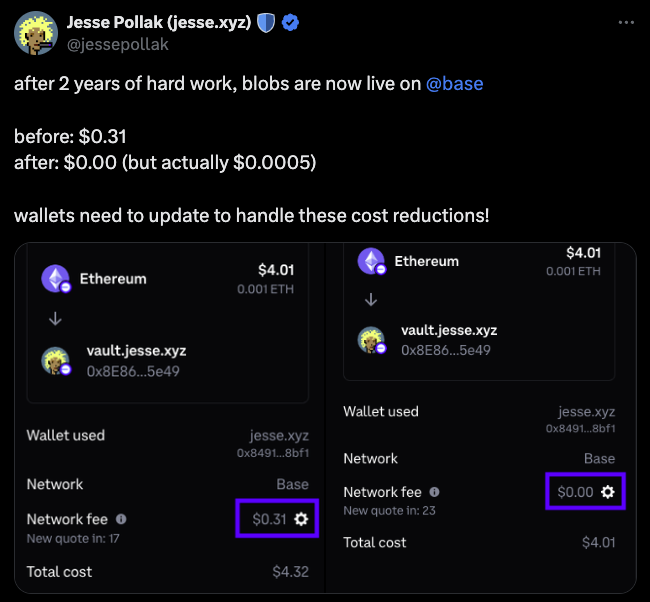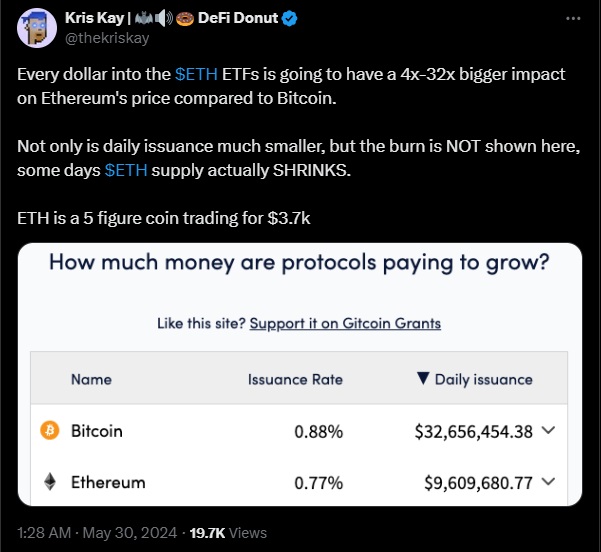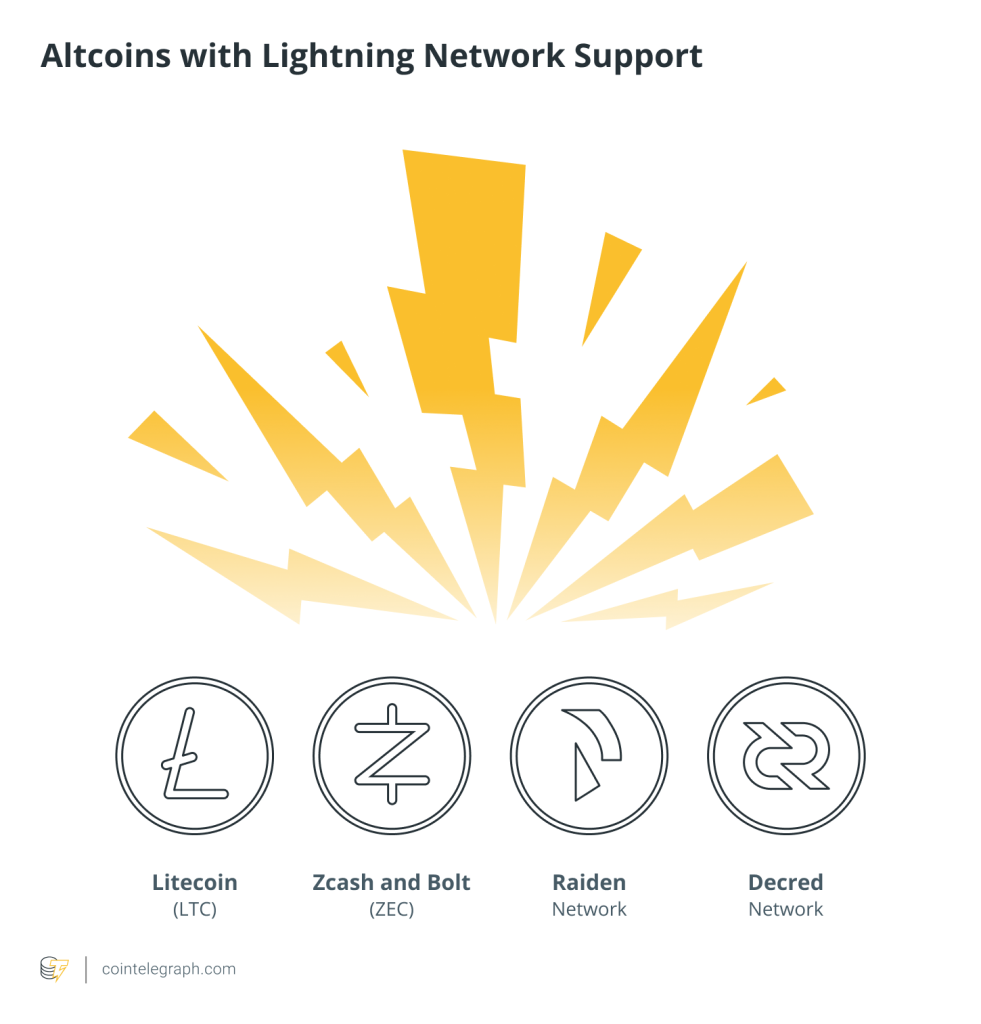Ethereum stans are putting the Bee Movie on blobs for as little as $5

A developer uploaded the entire Bee Movie script to the Ethereum network to show off reduced data costs brought about by Ethereum’s Dencun upgrade.

In true degen fashion, it took less than thirteen minutes after the launch of Ethereum’s Dencun upgrade for someone to upload the entire Bee Movie script on the mainnet — costing only around $14.
Ethereum developer Dan Cline claims he was the first to upload the full-length script on the blockchain, taking advantage of a new upgrade that aims to vastly reduce fees on Ethereum layer 2s.
“I didn’t get the first blob, but as far as I can tell I DID get the first BEE MOVIE on mainnet,” wrote Cline in a March 13 post to X.

Uploading the Bee Movie script is a long-running joke in and outside crypto circles, which usually involves a race to mint the full-length script on brand-new networks and blockchain-related functions. The trend originates from a larger Bee Movie meme which involves posting the full-length script wherever possible across social media.
Blobscan data shows that the script was uploaded at 2:08 pm UTC on March 13, just 13 minutes after the Dencun upgrade went live. The transaction cost a total of $13.88, according to data from Etherscan.
Also referred to as EIP-4844 or “proto-danksharding,” blobs were introduced as a core feature of Ethereum’s Dencun upgrade in a bid to reduce transaction costs on layer-2 networks by a significant margin.
Alongside several other improvements, the Dencun upgrade allows for layer 2s to use blobs instead of a calldata function for temporarily storing data while executing transactions, resulting in cheaper end costs for users.
Cline’s Bee Movie script will only exist on the Ethereum network for another few weeks, as Blobs are “pruned” after approximately 18 days — the amount of time required for a layer 2 to retrieve the data contained within.
Mason Hall, an engineer and investment partner at crypto venture capital firm a16z reported doing the same thing less than an hour later, reporting it cost him $5 to execute.

At the time of publication, three Ethereum layer-2 networks — Starknet, ZkSync, Optimism and Base — have implemented blobs on their networks, per Dune Analytics data.
In a March 14 post to X, Base lead developer Jesse Pollak announced that the integration of blobs on the Base network had seen transaction fees fall from around $0.31 to near-zero.

Related: Industry veterans share praise, skepticism, as Ethereum Dencun upgrade goes live
Over 2,000 blobs have been posted on Ethereum’s Beacon Chain, with Starknet accounting for 74% of all blobs submitted since the Dencun upgrade was rolled out on the Ethereum mainnet on March 13.
Outside of EIP-4844, the Dencun upgrade incorporates another eight EIPs designed to improve a wide array of functions on the network, including consensus, execution, and data costs.
This includes EIP-1153, which introduces a “transient storage” system to further reduce fees, as well as EIP-4788, which increases transparency by storing the root of each Beacon Chain block in a smart contract that can be queried by applications.
Developers expect the data provided by EIP-4788 to be used in new features for bridges and staking pools.
The reduction in fees on swaps and transactions on Ethereum layer 2s will only kick in once the networks begin integrating EIP-4844 on the networks.
At the time of publication, swap fees on the largest layer-2 network, Arbitrum, are still running around $1.16, while swap fees on Polygon stand at $1.46, per L2 Fees data.
Is measuring blockchain transactions per second (TPS) stupid in 2024? Big Questions






Responses